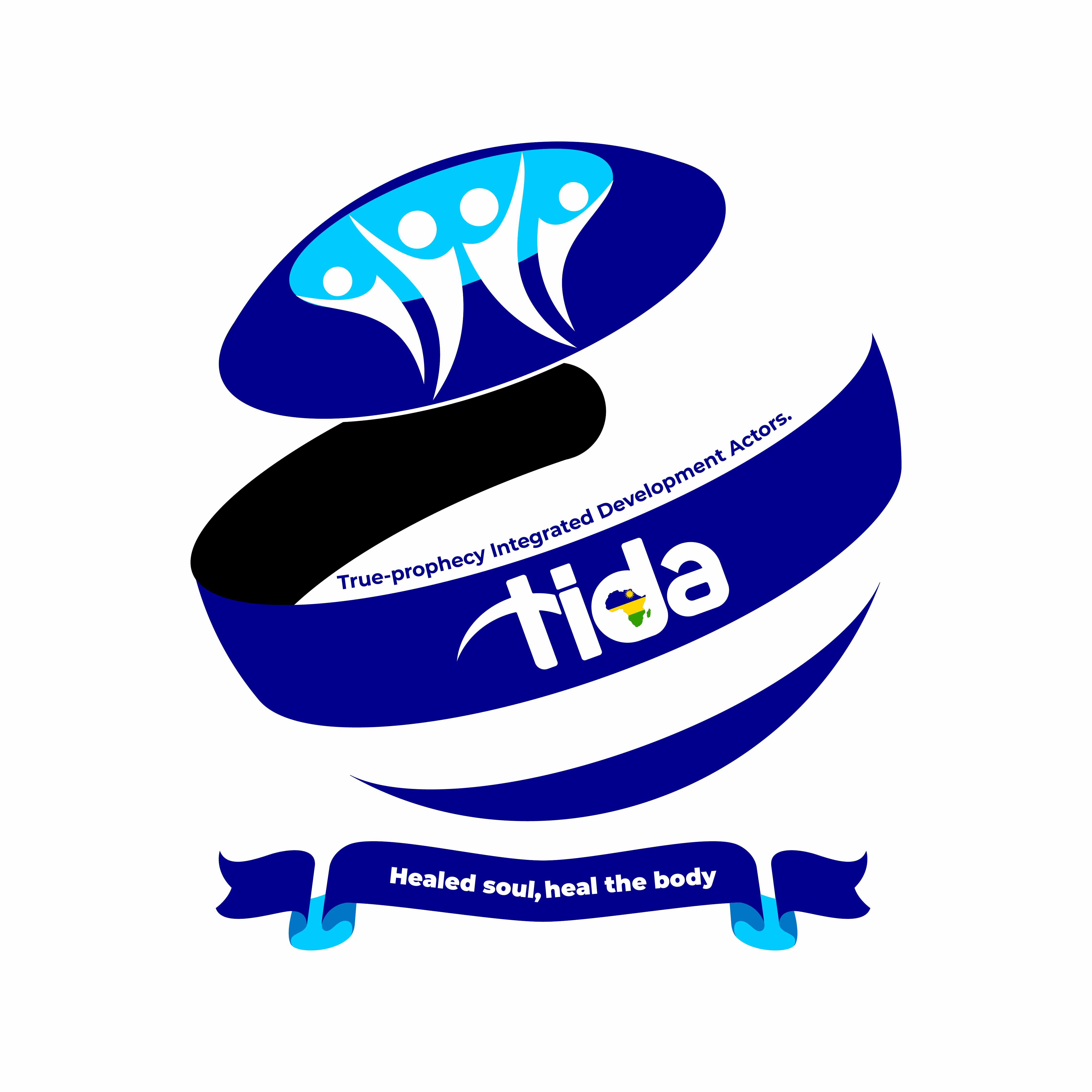NDI UMUDIGITALE

NDI UMUDIGITALE
4.2 OBJECTIVES
Objective 1: To empower the young generation (youths at school) with knowledge and information on the digital system to promote digitalization in two target districts by 2023.
For school leaders, students, public and private offices, this will seek to give them enough knowledge and information to help them make informed decisions later on their office paper needs and that of their institution development. The desire will be the reduction of the numbers of papers imported into Rwanda to affect paper production-related deforestation in two districts due to increased knowledge and information on the use of the digital system, significantly affecting the number of papers consumed in Rwanda and making a significant contribution to the deforestation constantly done in paper production.
Objective 2: To mobilize communities to address cultural and social barriers that accelerate paper and paperboard items packaging in the two targeted districts by 2023.
For communities, community gatekeepers will be involved in sensitizing the community and various target groups to abandon briefs and practices that endanger the use of paperboard in items packaging. TIDA secretariat will be directly involved in community engagement in sensitization of using recyclable bags in packaging. Community forums, ICT, and mass media will be the preferred modes of engaging with the communities. This will provide an opportunity for linkages with the service providers in the target counties, engaging with the target communities to provide relevant information and training. The service providers will link to the community through the community local leaders' structures. The main purpose will be to provide real-time information on the daily use of digital tools in their tasks and using recyclable bags in items packaging.
4.3 ACTIVITIES
Objective1: To empower the young generation (youths at school) with knowledge and information on the digital system to promote digitalization in the two target districts by 2023.
Activities under this objective will be school and institutional officials based and will include:
Activities1.1: Engagements with school and institutional managers at all levels to allow implementation of project and quality check of training materials.
This will entail forums with institutional officials at the sector and district levels, school management boards, parents’ associations, and teachers for the purpose of endorsing the project, its materials, and practicing in the implementation process.
Activities1.2: development of training and other IEC materials to facilitate training in schools, hospitals, churches.
Development of relevant and nationally sensitive educational materials will involve educational officials to ensure quality and compliance with the national technology educational goals. Training materials, manuals and handbooks, publicity and murals, audio materials, and others will be developed and circulated to schools, hospitals, and churches.
Actvities1.2.1: set and empower school-based ‘environmental clubs’ to educate the members on environmental degradation and climate change done through deforestation and access services and information on its prevention
This will involve student training forums facilitated by trained teachers and other environmental professionals, which will be child-led peer education forums to share information and challenges on environmental degradation done through papers and paperboard production.
Objective2: To mobilize communities to address cultural and social barriers that accelerate paper and paperboard items packaging in the one targeted district by 2023.
Activities under this objective will be community-based and will be facilitated by TIDA secretariat in collaboration with other stakeholders at the community level. These activities would include:
Activities2.1 Engaging community leaders to identify and address community- specific harmful practices and behaviors
This will involve mapping and identifying opinion leaders in the community, holding forums with relevant community leaders to develop culturally sensitive messages to sensitize the community on safe and secure environmental practices and against harmful cultural practices that accelerate using paperboard as the best tool in packaging.
Activities 2.2. Use of IEC materials, ICT and mass media to reach a wider audience in the communities with the message to reduce high consumption rate of papers
This will involve relevant packaging and dissemination of messages developed in activities 2.1 above using electronic media.
Activities2.2.1 Identification and networking with commercial centers leaders in the target areas.
This will involve connecting people of target areas who belong mostly to the services and goods sellers and their buyers in order to carefully analyze together the harmfulness of high consumptions of papers and paperboard on the environment and measures to be set to avoid it.
Activities 2.2.2 Planning and implementing joint activities with abafashamyumvire
TIDA will partner with other organizations, interdenominational ministries, community programs for the implementation of environmental and climate protection activities and to commemorate relevant national and international environmental-related days.
